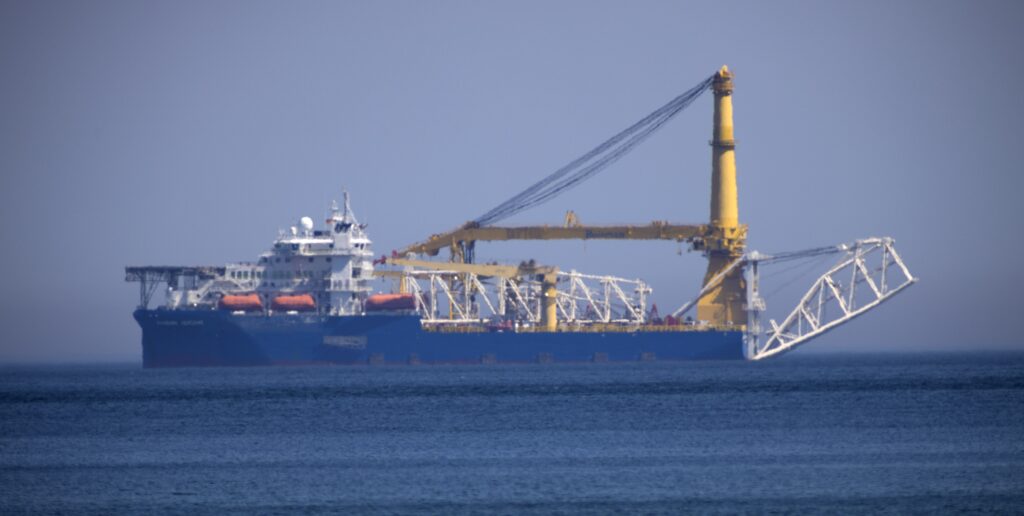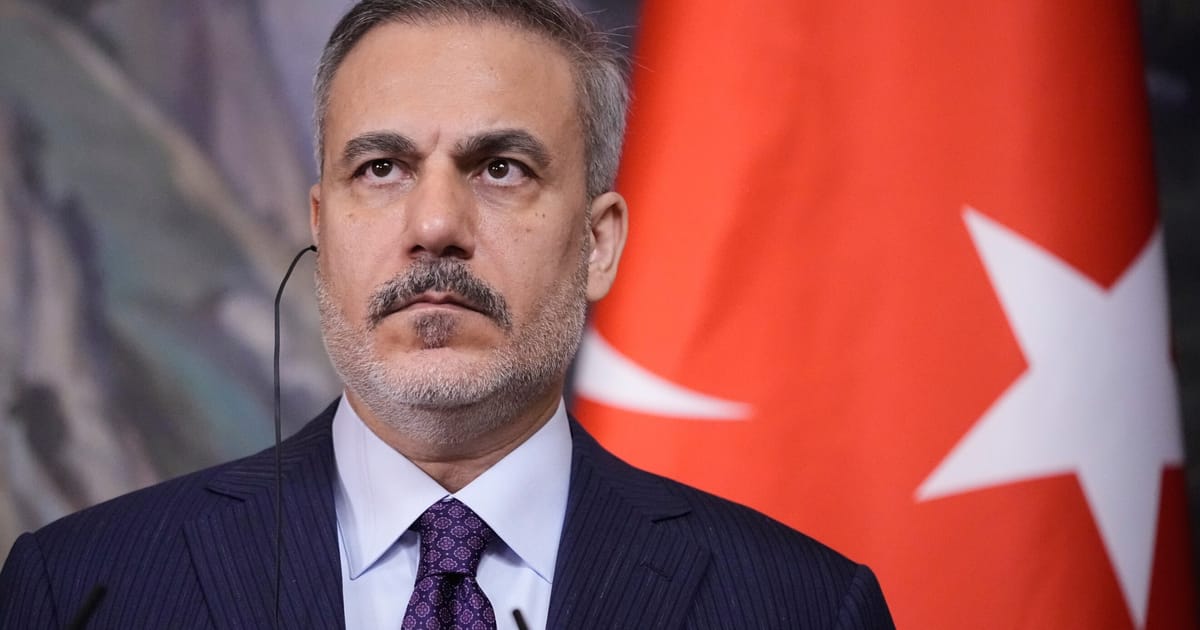“Bulgargaz has all the documents … of the LNG delivered to Botas terminals,” they said, adding that “in this respect, the origin of the natural gas … can be easily proved.”
Ankara, too, said it maintains a “firm and consistent stance against any attempts to use Türkiye to circumvent” EU rules, while adding that its “data regarding its imports of gas from suppliers are published on a periodic basis.”
The Commission, Botaş and Greek gas importers DEPA and Metlen Group didn’t respond to requests for comment from POLITICO.
 Turkey will not support the EU’s plan to ditch Russian gas imports. | Jens Koehler/EPA
Turkey will not support the EU’s plan to ditch Russian gas imports. | Jens Koehler/EPA
The problem is that “Turkey doesn’t have much incentive to comply” with the bill given that its relations with the EU are currently “at the lowest level” possible, according to Mehmet Öğütçü, CEO of the Global Resources Partnership energy consultancy and a former Turkish diplomat.
Brussels will therefore have to consider “sweeteners,” he said, such as reopening frozen talks on energy issues linked to Turkey’s stalled EU membership bid. Unlocking European Investment Bank funds for green projects is another option.
Turkey’s foreign ministry told POLITICO it was “willing … to cooperate with the EU on energy matters” depending on the bloc’s willingness to engage with Ankara, which it said could include resuming high-level energy talks with Brussels.
But even that assumes Turkey would comply in good faith. According to Săbăduș, the gas market expert, there’s a “high chance” that Ankara could massage the contents of the customs documents — as it is already suspected to have done with Russian oil shipments to the bloc.
“What sort of jurisdiction does the EU have over Turkey?” she said. “They can’t go and check with Turkish customs … they can’t check with the Turkish government — they have zero jurisdiction.”
